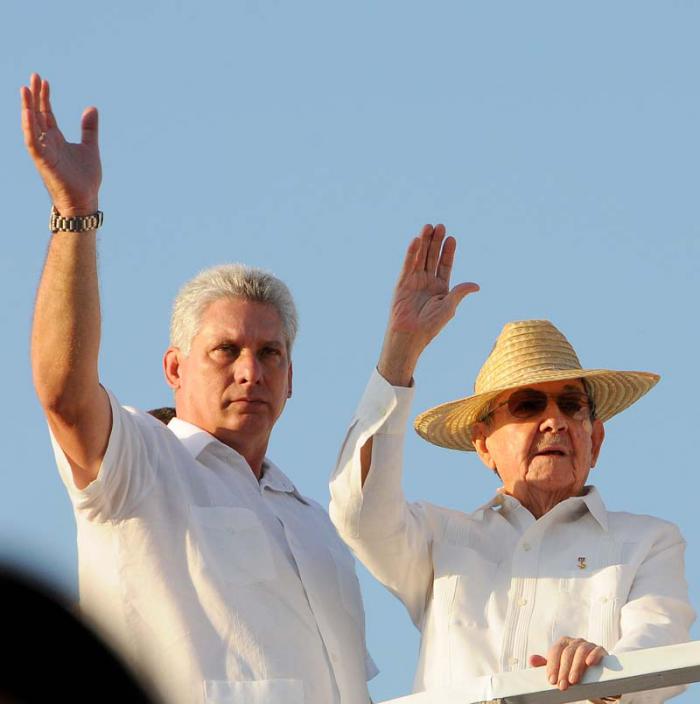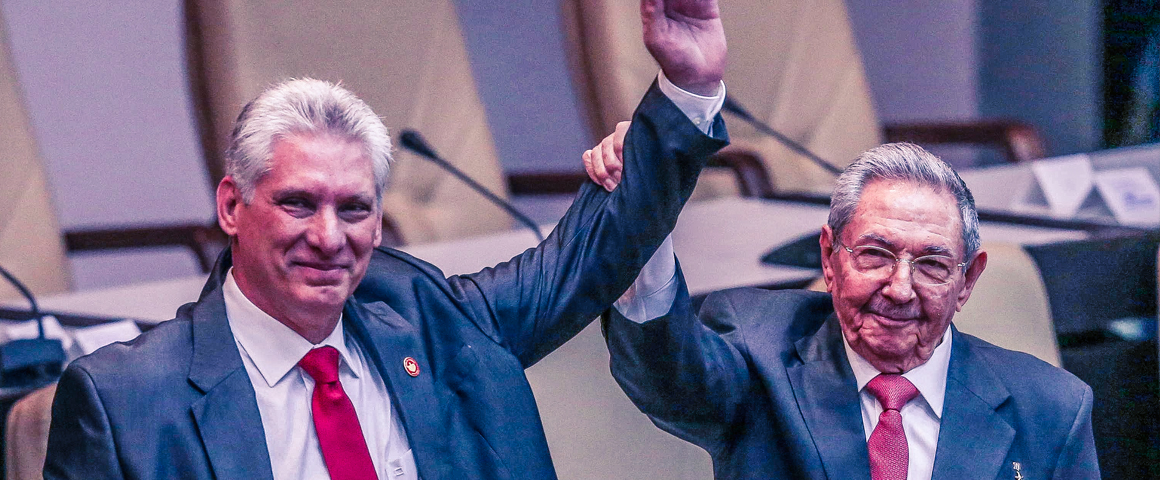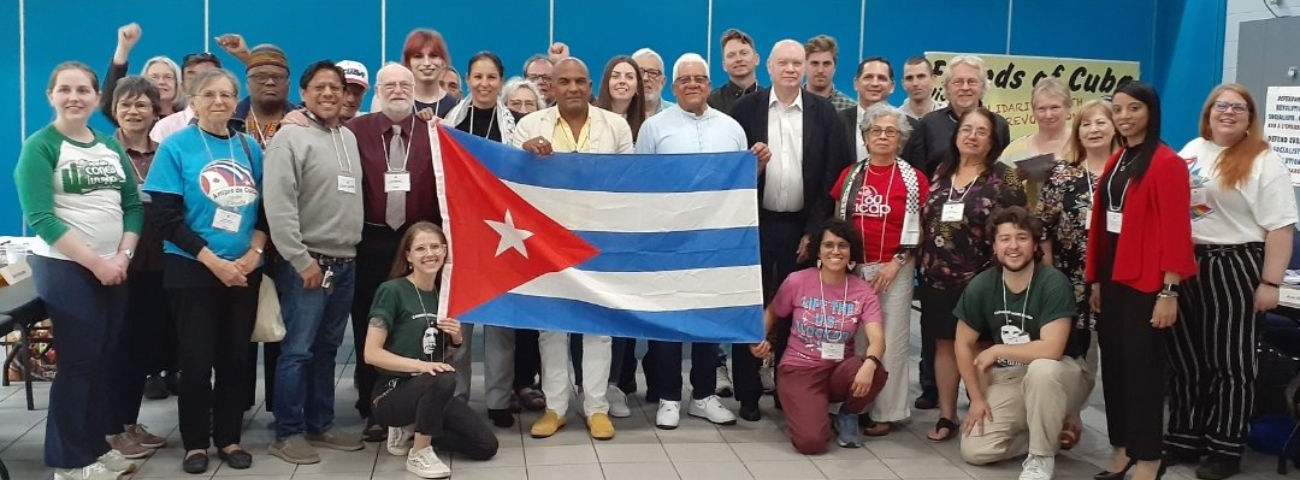On April 19, the National Assembly of Cuba ratified the election of Cuba’s new President and Council of State. The day also marked the 57th anniversary of the victory over the mercenary invasion organized by the United States at Playa Giron, the Bay of Pigs.
The make-up of the new Assembly, elected in March, demonstrated the breadth of support for the Revolution amongst all social groups in Cuba. Of the 605 deputies, women now account for 53% of members, with over 40% being Black and racialized peoples. The Assembly is also getting younger, with an average age of 49, and youth aged 18-35 accounting for 13.2% of the body.
The 31 member Council of State, made up of Assembly members and led by the President of Cuba, was elected by the legislature after a nominations committee underwent an extensive process of discussion with all of the deputies. The Council of State also reflects the gains of women, Black and racialized peoples in the Revolution with 48% being women and 40% Black and racialized. Over three-quarters (77%) of the current Council were born after the Revolution, meaning that the highest levels of leadership have now passed to a generation that grew up under the island’s socialist system.
Raul Castro, was elected to the Assembly but stepped down as President after two 5 year terms. He addressed the Assembly in a speech emphasizing the diversity of the leadership and the historic importance in the process of continuity and renewal.

Speaking about the election of Miguel Diaz-Canel to the post of President, Raul pointed out that: “Compañero Díaz-Canel is not an improvisation; over the years he has demonstrated maturity, work capacity, ideological soundness, political awareness, commitment, and loyalty to the Revolution.”
The newly elected President told the Assembly, “I assume this responsibility with the conviction that all we revolutionaries, from any trench, will be faithful to Fidel and Raúl, the current leader of the revolutionary process.”
Diaz-Canel countered the attacks against Cuba and its Revolution by corporate media outside the island by saying: “To those who through ignorance or bad faith doubt our commitment, we must tell them that the Revolution continues and will continue.”
Raul Castro will continue as First Secretary of the Communist Party of Cuba until 2021, when a Party Congress is planned. In addition to speaking about the generational importance of this transition of leadership, Raul emphasized the need to continue with the process of updating Cuba’s socialist model, and the current dangers of imperialism in Latin America and around the world.
Castro mentioned recent attacks on the democracy and sovereignty of Brazil with the soft-coup against Dilma and Lula, ongoing aggression against Venezuela and Bolivia and new attacks against the FSLN government in Nicaragua.
Raul also commented on the new attacks from Washington against the island, which is still facing a an illegal and immoral blockade by the United States. In these remarks he touched on the US move last fall to expel Cuban embassy staff and reduce diplomatic staff in Havana, referring to the US using a “crude pretext” to backtrack on progress towards normalization of relations. That “crude pretext” is the accusation that US and Canadian embassy staff were attacked by an unknown and invisible weapon causing headaches, nausea and possibly brain injuries.
This truly bizarre narrative has now been picked up in part by the Canadian government which has changed the Canadian Embassy’s designation in Cuba to an “unaccompanied post”, removing the families of diplomatic staff. There is no proof that has been released, other than statements that reported symptoms could be the result of some sort of unknown weapon. The Canadian government is also stepping up its hostilities against Venezuela, stating that they will not recognize the results of the upcoming Presidential elections. This points to a dangerous possibility that Canada’s relatively positive relations with Cuba could take a turn for the worse.
Since the election of Diaz-Canel, the new President has already been visited by Nicolas Maduro, President of Venezuela, and Evo Morales, President of Bolivia, who have all made statements of support for Cuba’s transition and vowed to continue the struggle for sovereignty and independence in the region against the deepening attacks of the United States.




